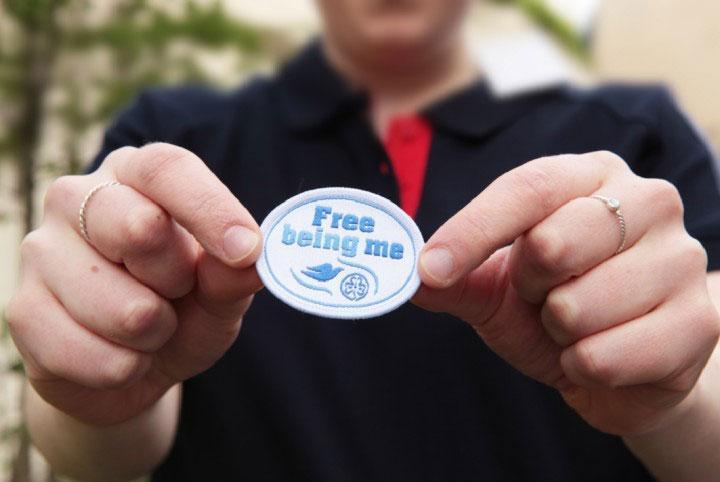Children shouldn’t even know the word 'diet' — obesity and lack of body confidence are symptoms of the same cause
People who like themselves are more inclined to look after themselves


Your support helps us to tell the story
From reproductive rights to climate change to Big Tech, The Independent is on the ground when the story is developing. Whether it's investigating the financials of Elon Musk's pro-Trump PAC or producing our latest documentary, 'The A Word', which shines a light on the American women fighting for reproductive rights, we know how important it is to parse out the facts from the messaging.
At such a critical moment in US history, we need reporters on the ground. Your donation allows us to keep sending journalists to speak to both sides of the story.
The Independent is trusted by Americans across the entire political spectrum. And unlike many other quality news outlets, we choose not to lock Americans out of our reporting and analysis with paywalls. We believe quality journalism should be available to everyone, paid for by those who can afford it.
Your support makes all the difference.One in five primary school girls is on a diet. Statistics like this are about more than just body image. Lack of body confidence has a measurable impact on academic potential, particularly amongst young women. By the time they are aged between 11 and 14, 48 per cent of girls avoid every day school activities such as sport, public speaking, drama and even raising their hand in class because of body insecurities. This inevitably affects their subject choices, qualifications and ultimately, their career path.
Many argue that with one third of children now overweight and obese, our focus should be encouraging more children to diet. To them I say often obesity and lack of body confidence are symptoms of the same root cause. I’d also remind them that feeding ourselves and exercising should be holistic processes and that maintaining a healthy lifestyle is all about balance. For both of these reasons children should not be burdened with the confusion and insecurity that a lifetime of conflicting information and relentless capitalism has inflicted on their parents. Children should of course be encouraged to eat well and exercise often; they shouldn’t even know the word ‘diet’.
The bottom line is that people who like themselves are more inclined to look after themselves. In this spirit, below are my five tips for encouraging self-esteem and body confidence in children.
1. Draw attention away from the body
In a world which creates more and more extreme paradigms of beauty and demands greater and greater swathes of the population conform to them, sometimes being body confident is about realising you are more than the sum of your parts. Praise your child when he or she is brave, kind, perceptive, funny or when they use their initiative. Remind them that their value cannot be captured in a selfie.
2. Find their passion
Sport, arts, music and writing are all great ways for children to express themselves and teach them creative discipline whilst also showing them they are capable of more than simply looking nice.
3. Ask them
So often we assume we know what children and young people are thinking. Young Minds conducted a survey of more than 10,000 16-25 year olds last year and asked them what was bothering them. The results, which included things like exam stress and sexual pressure, surprised many people. The exercise showed the value of asking before assuming, otherwise we make children a conduit for our own issues.
4. Limit screen time
This is, I realise, so much easier said than done, in the era of the smart phone. Yet the damage done by internet culture isn’t just caused by selfies. Blogging, reality television and sponsored links have blurred the lines between entertainment and advertising. Our children are constantly being sold to from their earliest moments on this planet and for significant portions of the fitness, fashion and beauty industries, that involves telling them in no uncertain terms that their bodies aren’t good enough.
5. Address your own insecurities
Children learn so much simply from osmosis. They are incredibly susceptible to the subtleties of mood and attitude, even when we try to disguise them. Many young people believe body insecurity is simply part and parcel of being an adult, because every adult they know expresses body anxiety in some way.
Join our commenting forum
Join thought-provoking conversations, follow other Independent readers and see their replies
Comments